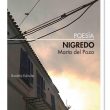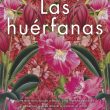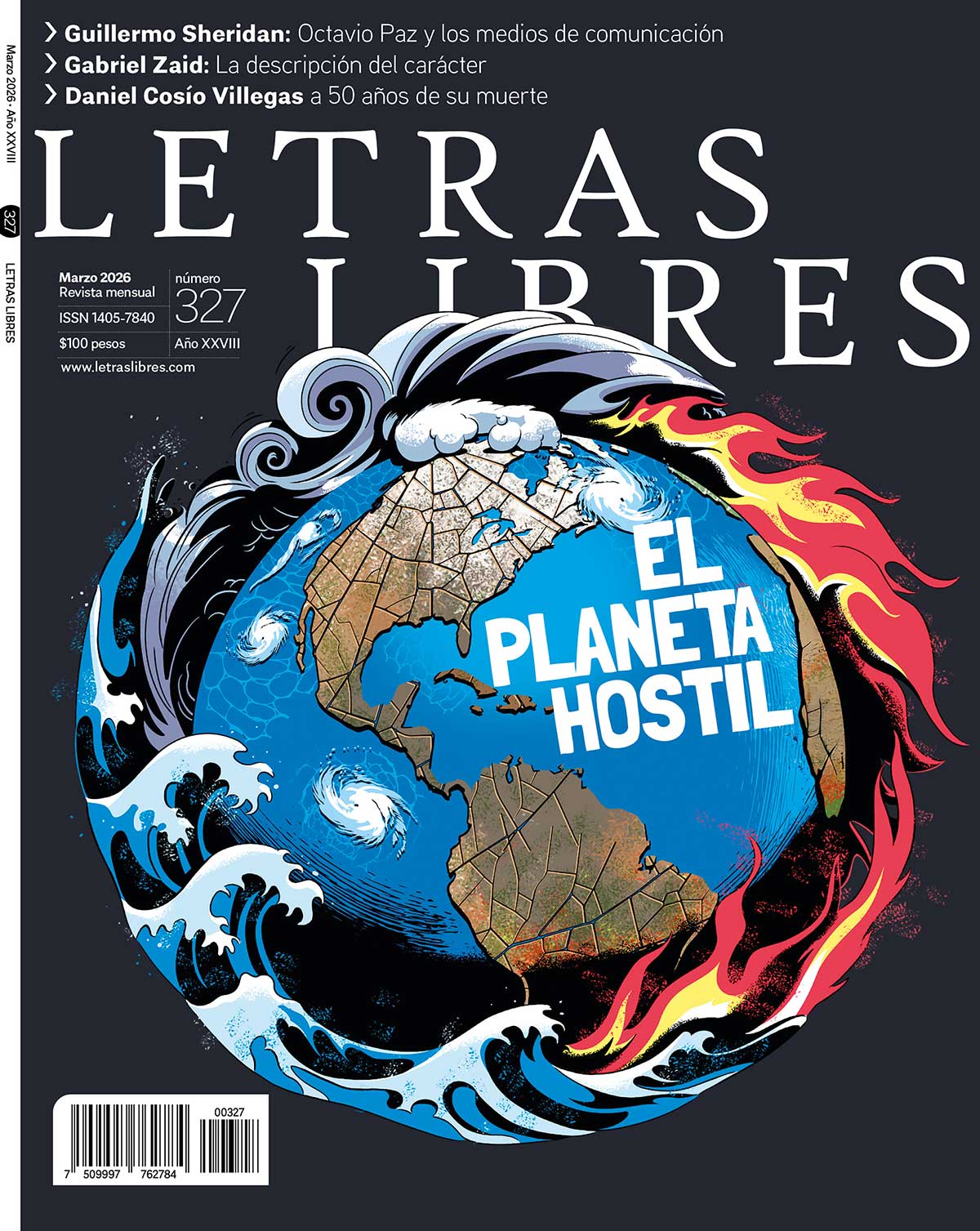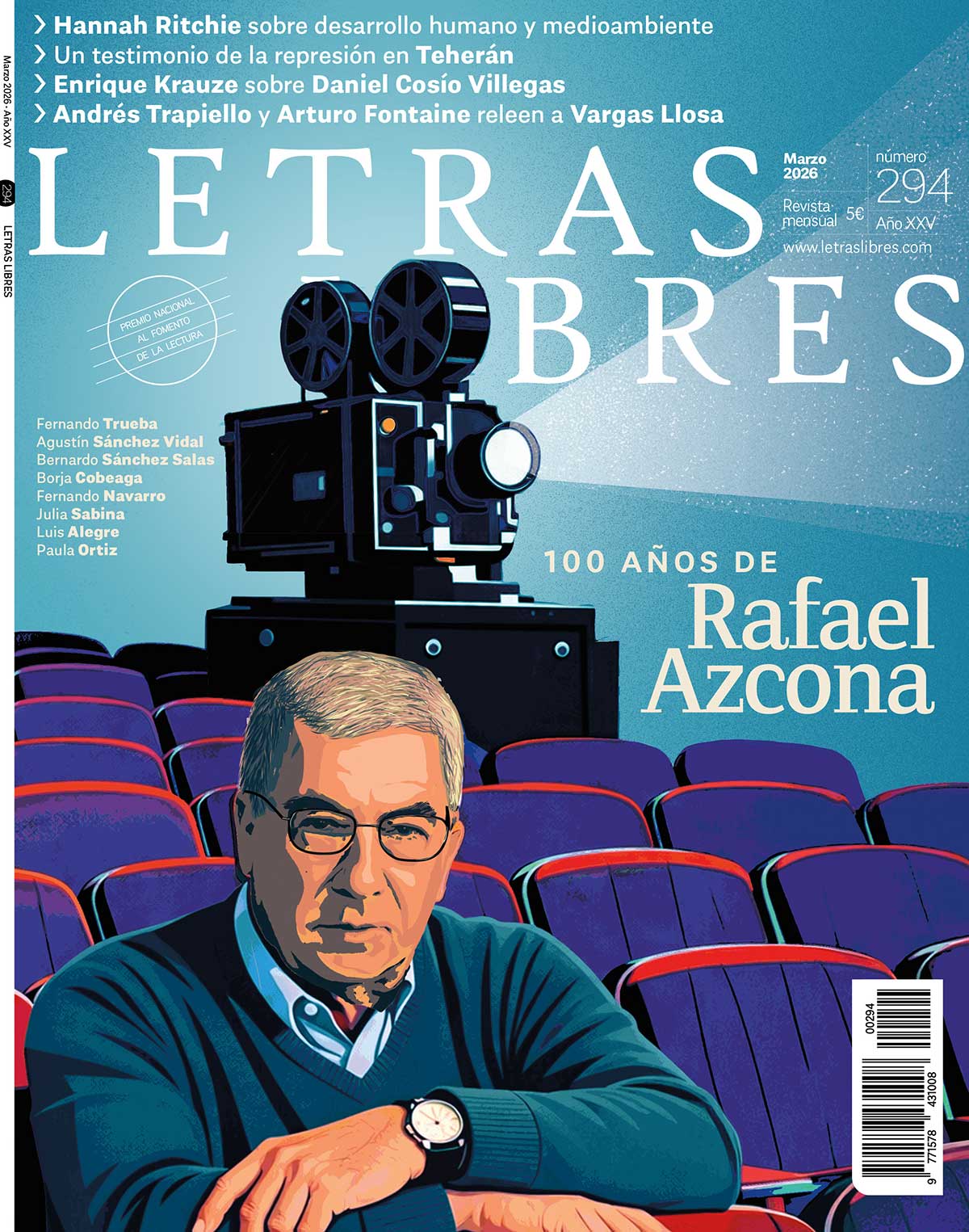La joven y hermosa poeta norteamericana radicada entre nosotros, Robin Myers, nos presta un poema inédito para el siguiente experimento. Primero se presentó una traducción al castellano (11 de mayo). Hoy, después de cuatro traducciones, se retraduce al español. Los poetas participantes sólo tendrán acceso a la versión que tienen que traducir. Como en el juego infantil, teléfono descompuesto (o chinese whispers, en inglés) esperamos ver una descomposición progresiva del poema original, mismo que se revelará al final. Las versiones irán acompañados de una intervención fotográfica de Pablo López Luz. No sé a ustedes pero esto hace que me sienta muy travieso.
Versión original del poema de Robin Myers
Yes
The new tactic is yes.
A test to see how long
the tactic lasts. Yes,
for instance, to winter
in a hot place.
Yes to nightmares
and fireworks at daybreak.
Yes to stoplights,
smog, mountains, mist, and street-
sweepers with their brooms
that still resemble trees.
Yes to the blind man playing
the banjo, yes to banjos
and to blindness. Yes
to crickets, eaten with pepper
or listened to at night.
Yes to the fight
and the way it bottle-rockets up
from the parade.
Yes to sweat.
To the man who asked
what part of Spain I am from:
why not, so yes.
Yes to the girl losing all her hair.
To the blood, to the hail,
to the puppy teaching the light
on the floor how to fetch, I say
yes and yes and yes.
Look, yes, stop, yes, yes
to this day’s quick death;
to tamales, translation,
police playing kickball in
the churchyard, yes.
Yes to pain, or at least
to what’s yanked up from the well
and hauled to the house
in the pail. Yes to the no
of never enough.
Yes to I will regret.
Yes to the fountain, to the six-
year-old’s invisible fish—
to the words, and the fists,
and the kissing in the door,
to the What the hell
are you doing here—
to the hell
and the you
and the here
of yes.

Quinta traducción
Sí
Es tiempo para el sí.
Un juicio para descubrir cuánto
tiempo durará tu estrategia. Di sí,
por ejemplo, a pasar todo el invierno
en un lugar soleado.
Di sí a las pesadillas y
a los cuetes para empezar el día
y a los barrenderos cuyas escobas son
como árboles.
Sí, al ciego que toca el banjo, sí
a los banjos y a la ceguera. Sí
a los grillos asados del menú
que se oyen a través de la noche.
Sí a la pelea
y a la manera en que enciende los temperamentos
cuando nos hemos separado de las marchas de protesta.
Sí al sudor
y al chavo que me preguntó de qué lugar
de España soy.
¿Y por qué no?, le respondí, Sí.
Sí a la niña que se está quedando calva
por la sangre, por las granizadas,
a la flor que en la luz del sol
hace juegos de sombras en el piso.
Y di Sí, absolutamente sí, sí.
Mira nada más. ¡Sí!, quédate ahí. Sí. Y sí
a una rápida muerte que en su espalda carga el día;
a los tamales, a las traducciones,
a la policía que juega futból
en el gran atrio de la iglesia, sí.
Sí al dolor, todo el que puedas llevar en la cubeta
desde el pozo y desde nuestra casa en litigio. Sí al no
a eso que nunca ha sido ni será suficiente.
Sí a, Me voy a arrepentir de esto.
Sí a la fuente, al pez invisible
que pertenece a una niña de seis años;
a las palabras y los puños,
y también a los besos en el portal
y a, ¿Qué chingados haces tú aquí?;
al infierno
y a todos ustedes,
desde aquí,
los que dicen Sí.
Versión de Carla Faesler

Cuarta traducción
Yes
Now it's time for yes.
A trial to discover how
long your strategy will last. Say yes,
for example, to spending all winter
in a sunny place.
Say yes to nightmares and
firecrackers to start the day
and to the sweepers whose brooms are
like trees.
Yes to the blind banjoplayer, yes
to banjos and blindness. Yes
to crickets cooked to order
and audible through the night.
Yes to fighting
and the way it heats up tempers
once we’ve left the protest marches.
Yes to sweat
and the guy who asks me where
in Spain I’m from.
And why not? So I answered, Yes.
Yes to the girl losing her hair.
To blood, to hailstorms,
to the puppy who in sunlight
makes a game of shadows on the floor,
I say Yes, absolutely yes, yes.
Look at that. Yes! Stay put. Yes. And Yes
to a swift death that carries the day on it's back;
to tamales, to translations,
to police who play football
in the church’s big patio, yes.
Yes to pain, to all of it that you can draw with a bucket
from the well and from our disputed home. Yes to no
to what has never and never will be enough.
Yes to, I’m going to regret this.
Yes to the fountain, to the invisible fish
that belongs to a six year old girl;
to words and fists,
and also to kisses in the doorway
and to, What the fuck are you doing here?;
to hell
and to all you,
from here,
who say Yes.
Versión de Francisco Goldman

Tercera traducción
SÍ
Lo de ahora es el sí.
Una prueba para saber qué tanto
durará su estrategia. Decir sí,
por ejemplo, a pasar todo el invierno
en un lugar soleado.
Decir que sí a las pesadillas y
los juegos pirotécnicos al despuntar el día.
Sí a los semáforos,
al smog, las montañas y la niebla, y a los
barrenderos que traen escobas todavía
semejantes a árboles.
Sí al ciego que toca
su banjo, sí a los banjos
y a la ceguera. Sí
a los grillos que van preparados al gusto
o audibles por la noche.
Sí a las peleas
y a la forma en que logran caldear ánimos
fuera ya de las manifestaciones.
Sí a la transpiración,
al hombre que me preguntó de qué
parte de España provenía.
“¿Y por qué no?” Total que dije: “sí”.
Sí a la chica que pierde su cabello,
a la sangre, al granizo,
al cachorro que hace con la luz
juegos de sombras en el suelo, digo
que sí, que sí, que sí.
“Mira eso”, sí; “detente”, sí; y sí
a la muerte veloz que trae el día a cuestas;
a los tamales, a la traducción,
policías que juegan futbol soccer
en el gran patio de la iglesia, sí.
Sí al dolor, o al menos
a todo aquello que se extrae del pozo
y de un hogar que ahora está en disputa
con una cubetita. Sí al no
de lo que nunca ha sido ni será suficiente.
Sí a “Me voy a arrepentir de esto”.
Sí a la fuente, al invisible pez
propiedad de una niña de seis años;
a las palabras y los puños,
y también a los besos en la entrada,
al “Qué carajos
estás haciendo aquí”;
al infierno
y al tú,
y a los aquí
del sí.
Versión de Hernán Bravo Varela

Segunda traducción
Yes
The new tactic is yes.
A test to see how long
this tactic lasts. Yes,
for instance, to wintering
in a warm place.
Yes to nightmares and
fireworks at daybreak.
Yes to traffic lights,
smog, mountains, fog, and
street sweepers with brooms that still
look like trees.
Yes to the blind man playing
his banjo, yes to banjos
and blindness. Yes
to crickets, sautéed in seasoning
or audible at night.
Yes to fighting
and the way it boils up
out of the demonstration.
Yes to sweat.
To the man who asked
what part of Spain I was from:
and why not? So, yes.
And yes to the girl who loses all her hair.
To blood, to hail,
to the puppy that shows the light
his game of shadows on the ground, I say
yes and yes and yes.
Look, yes, stop, yes, yes
to the swift death of this day;
to tamales, translation,
cops playing soccer
in the church patio, yes.
Yes to pain, or at least
what is drawn from the well
and wrangled home
in a bucket. Yes to the no
of never enough.
Yes to I will regret this.
Yes to the fountain, to the six-year-old girl’s
invisible fish—
to words and fists,
and kisses on the doorstep,
to what the hell
are you doing here—
to the inferno
and the you
and the here
of the yes.
Versión de Tanya Huntington

Traducción inicial (11 de mayo)
Sí
La nueva táctica es sí.
Una prueba para ver cuánto
dura la táctica. Sí,
por ejemplo, al invierno
en un lugar cálido.
Sí a las pesadillas y las luces
de artificio al romper el día.
Sí a los semáforos,
el esmog, las montañas, la neblina y los barren-
deros con escobas que aún
parecen árboles.
Sí al ciego que toca
el banjo, sí a los banjos
y a la ceguera. Sí
a los chapulines, salteados al adobo
o escuchados en la noche.
Sí a la pelea
y la manera que ebulle
desde el desfile.
Sí al sudor.
Al hombre que preguntó
de qué parte de España era yo:
¿y por qué no? Entonces, sí.
Y sí a la niña que pierde todo su cabello.
A la sangre, al granizo,
al cachorro que le enseña a la luz
su juego de sombras en el suelo, digo
sí y sí y sí.
Mira, sí, para, sí, sí
a la muerte veloz de este día;
a los tamales, la traducción,
los policías echando una cáscara
en el patio de la iglesia, sí.
Sí al dolor, o por lo menos
a lo que se saca del pozo
y se arrea a la casa
en un cubo. Sí al no
del nunca es suficiente.
Sí al me arrepentiré.
Sí a la fuente, al pez invisible
de la niña de seis años–
a las palabras y los puños,
y los besos en el umbral,
al qué diablos
haces aquí–
al infierno
y al tú
y al aquí
del sí.
Antropólogo. Doctorando en Letras Modernas. Autor de dos libros de poesía. Bongocero. Nace en 1976. Pudo ser un gran torero pero...
















